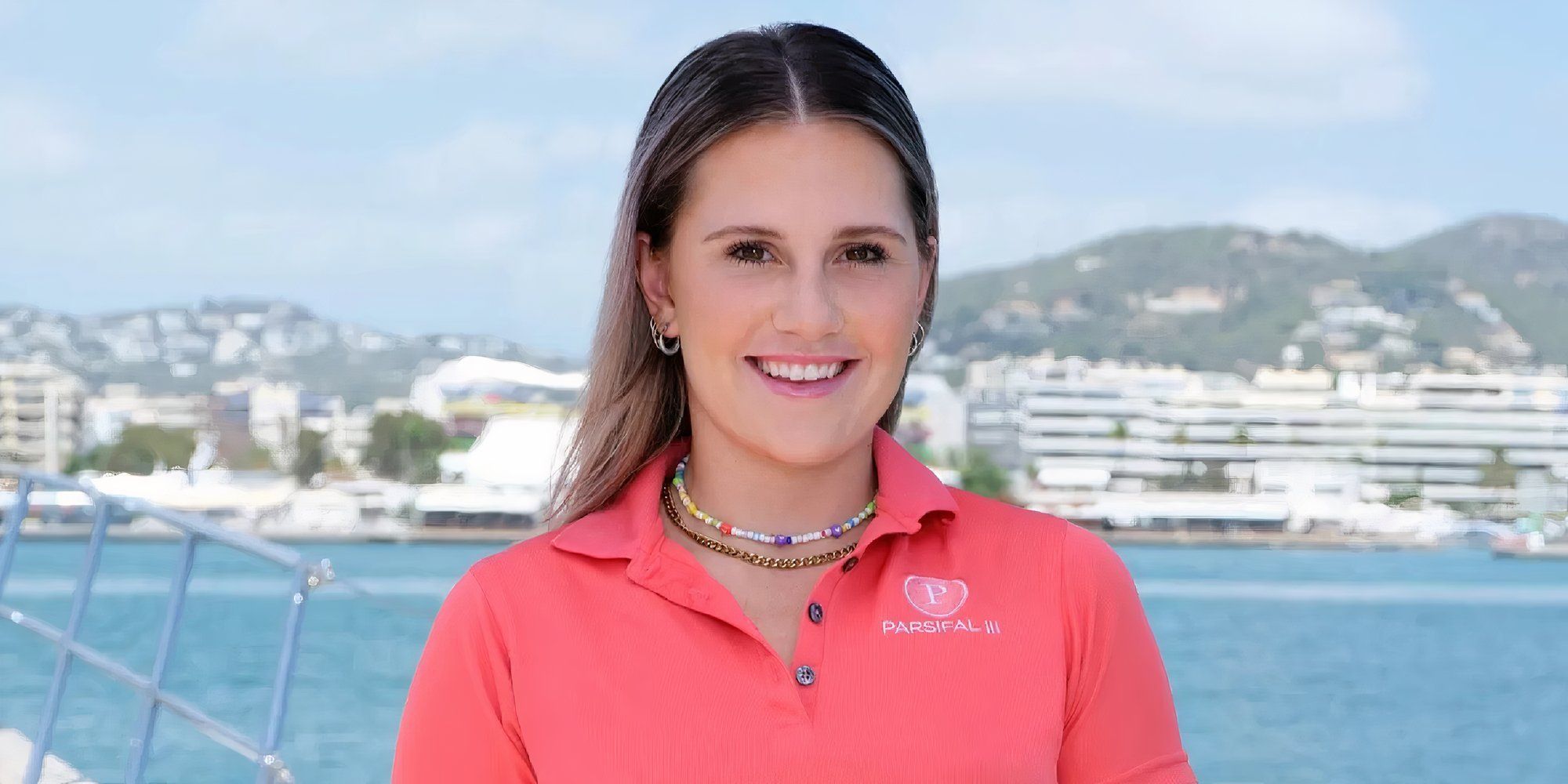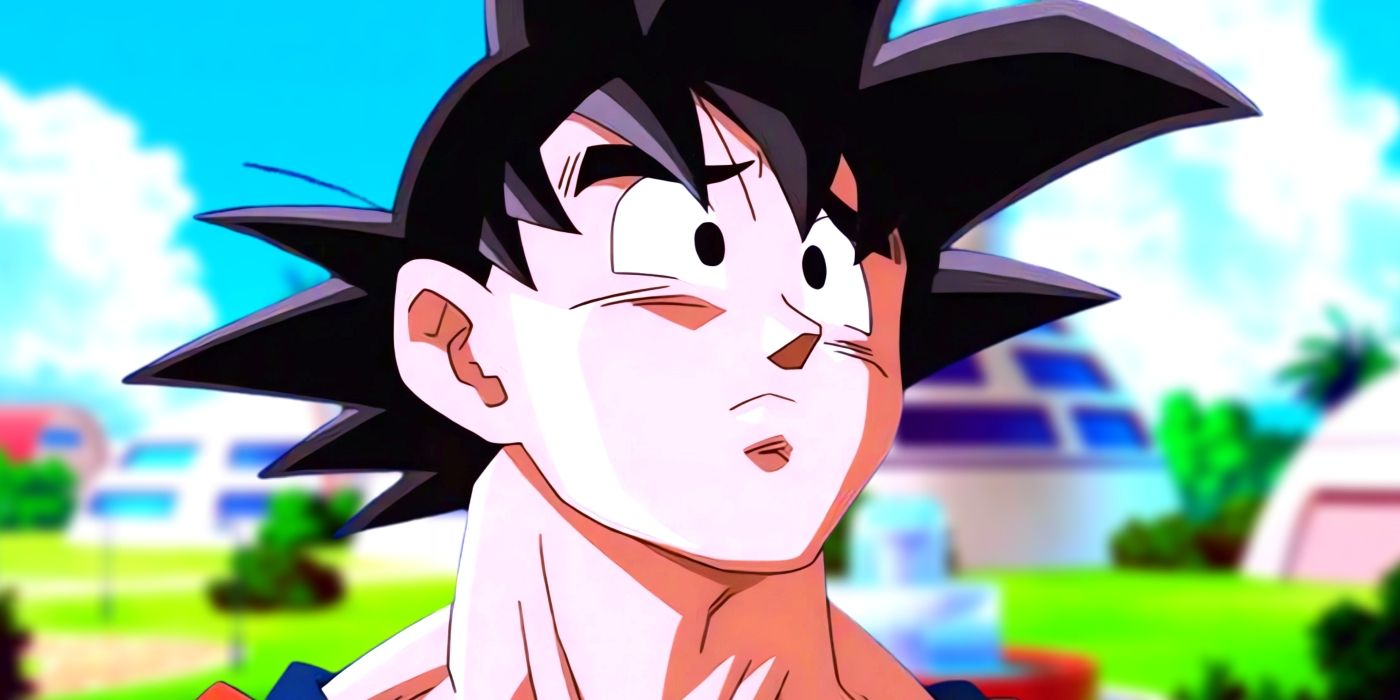
When Pamela Anderson was announced as the star of Gia Coppola’s third film, “The Last Showgirl,” the stage was set for a massive career resurgence for the one-time “Baywatch” star. That the film — which sees Anderson taking on a full-bodied, deeply emotional role as a fading Las Vegas dancer — would alter the trajectory of Anderson’s life and career was never really in doubt, but the fruits of Coppola’s latest have been profound for the star.
And, as it turns out, the same is true for Coppola. As she tells IndieWire, the extremely edifying experience of making and releasing the film has also changed the way she thinks about her own life and work. Now, she said, she trusts herself. Challenges aren’t as scary. The world looks different.
As is typical with the Coppola clan, “The Last Showgirl” is also very much a family affair, with a number of Coppola cousins turning out in droves to assist Gia. Robert Schwartzman and Michael Shire are producers. Jason Schwartzman pops in a small but compelling role. The script? It’s from Kate Gersten, who is Michael Shire’s wife (so, Gia’s cousin-in-law). Elsewhere, her mother, Jacqueline Getty, served as costume designer (alongside Rainy Jacobs). Of course, the film arrived the same year as her grandfather Francis Ford Coppola’s long-time passion project, “Megalopolis.”
And, just 10 months after the death of her beloved grandmother, Eleanor Coppola, memories of their bond made their way into many of Coppola’s answers, providing some essential insight into just what it was about this film — and the experience of making it — that has changed Coppola’s life and work forever.
The following interview has been edited and condensed for clarity.
IndieWire: This is the first script you’ve directed that you don’t also have a writing credit on. Was that something that you were looking for, to just direct a project?
Gia Coppola: I find writing really laborious. I am dyslexic, I have ADD. And I enjoy it, but it takes me a really long time. I actually think I prefer adapting more because it’s a little bit more of putting together a collage and eliminating and editing. With this project, I was talking to my cousin Robert Schwartzman, we’d been making movies since we were kids together, just home camcorder stuff, and we’d always wanted to make a film together. We were talking about the Cassavetes, Sean Baker style of, let’s just do something really fast and intimate. It’s so annoying in the film business to wait for things, just someone to call you back sometimes.
We just needed a story. I remembered Kate’s play and I was like, “Well, maybe there’s something there because it’s a play, it’s a contained space, it’s contained with characters, it allows you to make something in an intimate way, and not cost an exorbitant amount of money that then slows down your process.” I had just come off of reading Larry McMurtry’s book, “Desert Rose,” and I loved that book and I was so struck by how Kate’s play had so many similarities, but I almost felt [it was] even better, [it had] all the things that I probably wouldn’t want to have used in that book. This play just was the best version of what I was looking for.
It really was liberating and exciting to jump into something where I didn’t have to take on all the insecurity and labor that comes with writing, and to have that collaboration with Kate of talking about the characters more thoroughly and having someone to turn to when I felt like I was searching for the answer.
It’s funny that you mentioned having to wait for things in Hollywood: having to wait for answers, having to wait for money. This year, between you and your grandfather, it’s two very different sides of that coin; you filmed “The Last Showgirl” in 18 days, while your grandfather had to wait decades to make his passion project with “Megalopolis.”
It’s been really fun to be on the festival journey together. After I made “Palo Alto,” my grandma [Eleanor Coppola], her movie was just coming out, and we were sharing this experience at the same time. We were both first-time filmmakers but from very different generations, but feeling a very similar emotion. To get to share this with my grandfather, who obviously is a pro at this, just to get to spend time with him is awesome.
I saw him briefly at the after-party for the film at TIFF, and he was very charming, you could tell he wasn’t there as Francis Ford Coppola, but as your granddad.
He was wearing a scarf I knit him for when I was 10 years old or something, very sweet.
 American director Gia Coppola and American film director, screenwriter, and producer Francis Ford Coppola attend the ‘Megalopolis’ movie Pre-Opening Red Carpet of Rome Film Festival 2024 and Alice Nella Città at CinecittàMondadori Portfolio via Getty Im
American director Gia Coppola and American film director, screenwriter, and producer Francis Ford Coppola attend the ‘Megalopolis’ movie Pre-Opening Red Carpet of Rome Film Festival 2024 and Alice Nella Città at CinecittàMondadori Portfolio via Getty ImAnd you also have another of your family members, your cousin Jason Schwartzman, in the film. He’s sort of hidden in this role and you slowly realize it’s him, it’s a treat. Was it always going to be him in that part?
Even if he wasn’t my relative, I’d admire him as an actor. I think he’s extremely talented. I always am trying to find, selfishly, ways to get to spend time with him and get to work with him, because the way he works as an actor is he just riffs and what comes out of him is amazing. It’s a real joy to be around that. I just didn’t want to distract that it was Jason, so I didn’t want to label, “Oh, he’s in this movie.” I wanted him to be a character and be different than what I think you normally see him as. I like to give people different colors.
Speaking of that, clearly, this role and this film have been life-changing and career-changing for Pam. You’ve said that when you first read Kate’s script, you were thinking of a Marilyn Monroe type for Shelly, and you struggled to think of someone working today who fit that ideal.
I wasn’t referencing other movies. I didn’t visualize actors. I was visualizing photography. I was visualizing documentary. So what I was visualizing was someone like Marilyn Monroe, and wouldn’t that be so interesting [to see] someone who’s known for her beauty and coming to this phase in her life? Just reading about her and how intelligent she was, yet people weren’t accepting of looking at her in that way yet. Culture wasn’t allowing for that yet. And then seeing Pamela’s documentary, which we’ve talked about before … I could see this woman who had a similar journey and really was embracing this new chapter of what so often I think older women get afraid of because of the way the culture looks at them.
I thought that was so cool, so brave and daring and badass. It’s hard to find an actor that would be willing to do that, to be as raw as what she was portraying in her documentary. She’s a woman who is extremely intelligent [with] her knowledge of cinema and poetry and art and playwriting. She was very full as an actor, as they say. I knew that she would have a lot to draw from and that she was just bursting to express herself in that way, and it was really exciting to get to be the vessel to give her that opportunity.
 Jamie Lee Curtis in ‘The Last Showgirl’©Roadside Attractions/Courtesy Everett Collection
Jamie Lee Curtis in ‘The Last Showgirl’©Roadside Attractions/Courtesy Everett CollectionYou’ve also got a very strong supporting cast here, someone like Jamie Lee Curtis, who never seems to give less than her total commitment.
It was such a privilege to get to be in the vicinity of that level of talent. I feel like I learned so much just getting to work with her. I really didn’t think I had a chance getting an Oscar-winning actress for an independent, small movie, but I felt like, why not try? There’s only a rejection, which at least I know I tried. She’s such a supporter of independent film that she was just like, “Let’s go.”
She loved the script, which I think was a big part of it too: getting this cast because they loved the script. She’s a force, and she really set the tone. We only had her for four days, but that was the first four days of the shoot. She was moving gear, showing up to set early, staying on set, and everyone wearing many different hats to help this little project move forward and shooting on film. There was a lot at stake.
She was the one who was like, “I think I should strip down and show the lengths of what it takes to be an older woman that needs to feel like they have to conform into the standards of what beauty is defined as.” It takes a lot of trust for an actor to do that. They don’t know what the project’s going to turn out like or what the circumstances are. With all of them, I’m really grateful that they trusted me, because I trusted them too.
 Dave Bautista in ‘The Last Showgirl’©Roadside Attractions/Courtesy Everett Collection
Dave Bautista in ‘The Last Showgirl’©Roadside Attractions/Courtesy Everett CollectionYou also have Dave Bautista. He’s someone who has emerged as an incredibly thoughtful, deep-thinking, and deep-feeling person who really wants to be seen as an actor. You tapped into that.
I was a big fan of “Guardians of the Galaxy,” and I went on a general meeting [with him] because they asked if I’d like to meet him, and I was like, “Yes.” We just chatted and he was expressing his desire to do more dramatic roles, and that always stayed with me. So when this project came along, I thought he would be perfect for it, and I brought it to him. I had faith, but he really blew me away. The way he would talk about the character took it above and beyond what I had envisioned on the page. He brought so much heart and empathy.
He’s just so lovable to work with. You think these action stars, you need all the things to make them comfortable. And he was, again, such a team player. He hung around and was so supportive. He came on set the last day of our shoot, even though he wasn’t in any scenes, because he wanted to be supportive for the end of our film and be there with everyone. And then I was like, “Well, if you’re coming back, I’m going to put you more in the movie.” So that was where this idea of having him and Billie’s character together to just add a little bit more meaning came from.
Initially, you wanted to do something fast and a little cheaper, but then you hear, “Oh, you have 18 days to shoot.” What is the gulf between, “Oh, this is something I want” and, “Oh no, I have 18 days”?
Well, my last film was 19 days! [Laughs] And then I was like, “Ah, all I want as a director is more time,” and then it was funny to be in this situation where, “Oh, I don’t have more time again.” But it didn’t feel fast. I felt like we had ample time. I think that was because everyone was so excited about the project. I loved being on location, and that really forces everyone to create that family bond, which was so much what the core of the movie has.
We were originally 19 days, but we were like, “OK, I think we can do this in 18 and we’ll save a little extra money for post,” which is always what you run out of. I don’t know, you always want more time, but we did it. We made it work.
 Pamela Anderson in ‘The Last Showgirl’©Roadside Attractions/Courtesy Everett Collection
Pamela Anderson in ‘The Last Showgirl’©Roadside Attractions/Courtesy Everett CollectionYou’ve directed three films now, what lessons do you keep learning and what are the new lessons you learned on “The Last Showgirl”?
Another director told me that making movies is like making pancakes, and that’s always really resonated with me. He’s like, “Oh, sometimes your griddle is too hot. Sometimes you have too much batter.” Each movie feels like you’re just trying to find the right consistency, and you don’t really figure it out until after the fact. But I do feel like with this project, I don’t know if it was [due to] becoming a mother [before shooting], but I learned to trust myself. Every challenge on this movie didn’t feel scary anymore. I feel like what scares me is my personal life, making sure my child is happy and healthy, and having the luxury to get to work and make a movie.
I remember talking to my grandma awhile back, and I was bitching about something, complaining about a work thing, and she’s like, “You’re so lucky you get to complain about a work thing. In my day, I didn’t get that chance. I had to be a mom and do my creative expression privately.”
This movie came together before I even knew I was pregnant, and then I had my son. At first, I only related to the narrative of the mother/daughter story from the daughter’s perspective, and then I became a mom, and I had this whole other understanding of what it’s like to be a mom, a working mom, and how the bigger picture of society doesn’t really set itself up for working women, and child care, and all this sort of stuff that I don’t think I could have made this movie until going through all this.
The response to the film and particularly to Pam’s work in it has been very positive. How do you process that?
It’s so nice, but you make things because you feel compelled to make it, and you make it without thinking about the outside world. I feel like the greatest reward is when other filmmakers and the next generation of filmmakers come to you and say how inspired they are by the project. That’s our duty as artists, to inspire the next generation. And especially with this little movie having a bigger message and now getting a bigger response, I hope it excites filmmakers that you can be small and still have reach.
And, just to persevere, because Pamela’s team, at first, didn’t get the script to her. I got turned down within an hour, so I had to find another route. Now, we’re all in different places. I am so happy for her mostly, seeing her documentary and how cruel the media was to her, and to see her get such a warm, deserved response. You’re just a shithead if you don’t love her. To see her succeed in this way is so long deserved.
Roadside Attractions will release “The Last Showgirl” in Los Angeles on Friday, December 13 with a national release to follow on Friday, January 10.

 1 week ago
3
1 week ago
3










 English (US) ·
English (US) ·